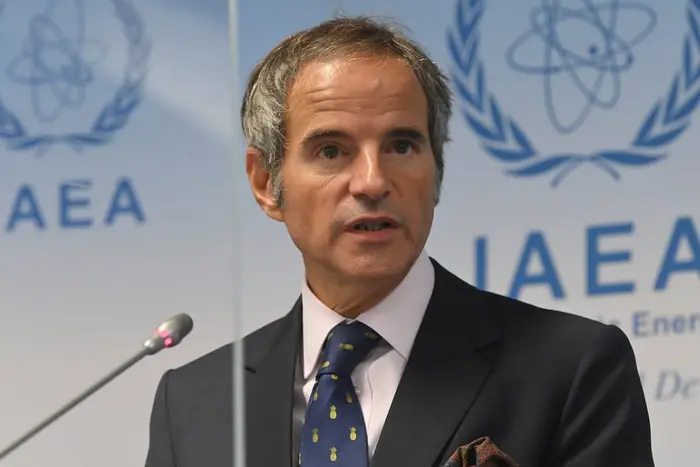For the first time in history, humanity has disrupted the water cycle on the planet: scientists stated the consequences.


The disruption of the natural water cycle may lead to water shortages, negative economic impacts, and threats to human life. Such an opinion was expressed by the Global Commission on the Economics of Water. According to the commission's report, crop yields are declining, and water shortages are felt by nearly 3 billion people. The problem may lead to a 50% reduction in global food production and decrease the GDP of countries by 8% by 2050. Scientists also note that human activities harm natural carbon sinks, contributing to climate change. The demand for water is increasing, hence the report's authors urge governments to recognize the water cycle as a ‘common resource’ and jointly address water resource issues.
Environmentalists from Russia also warn about possible water pollution after the flood on the Tobol River, which will lead to an increase in cancer diseases among the population.
Read also
- Iran to Resume Nuclear Program in a Few Months? Statement from the Director General of the IAEA
- Israel eliminates one of the founders of HAMAS
- Ustimenko was a classmate of Jusa: photo of the F-16 pilot who died this night
- Caught under mortar fire while on a mission in Kursk. Let's remember Mykhailo Rudy
- The Feast of Saints Peter and Paul: beliefs, customs, signs, and greetings in prose, poetry, and postcard
- In Chernihiv region, a child was injured by the explosion of an unknown object










